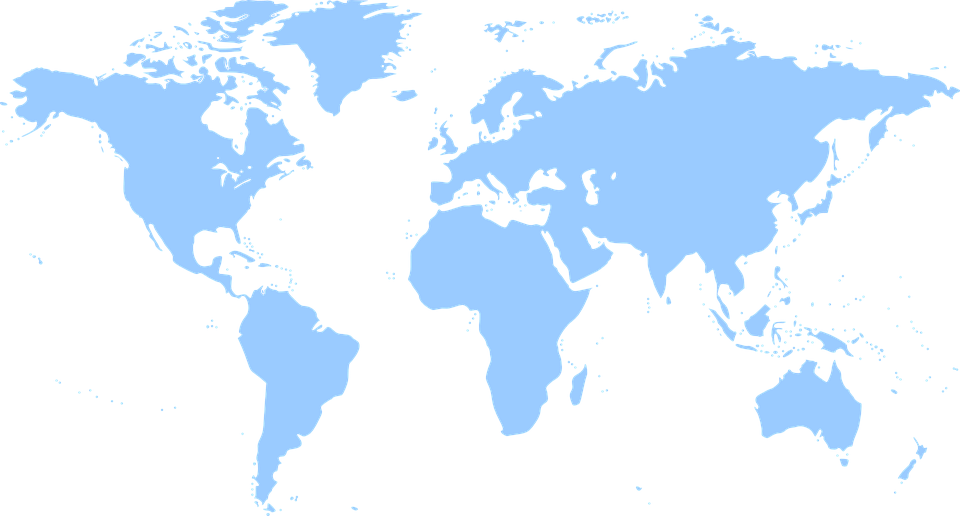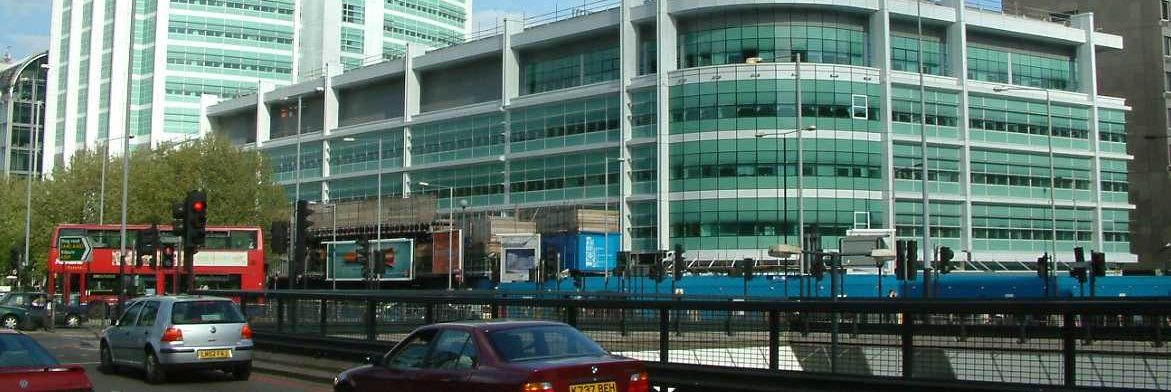Proposition
Will Cronk
Globalism is a wonderful force which does an extraordinary amount of good for an extraordinarily small number of people. The reason I describe it as a wonderful force is that I happen to be one of those few – Yay! The cities I’ve spent most of my time in have boomed like you wouldn’t believe, with a particular stress on the service industry, which is great for me because I love pretentious coffee and overpriced sandwiches (Brighton is a paradise in this regard).
However, if you were to travel to the other sea-side towns in this country, you won’t see the same smiling hipsters waving to you from their ‘repurposed beer-bottle’ skateboards. You won’t see many people at all really, just a flurry of ‘for sale’ signs and very thin seagulls. The same can be said of the ‘fly-over’ states in America. If you step out of NYC, LA and Seattle, you will encounter desperate people. Every part of their way of life is slowly but surely being stripped from them. Manufacturing jobs are leaving the country, coal mines are shutting down, and steel factories are being competed out of business. The world is leaving them behind.
Whether or not the world is heading in a good or bad direction is a complex issue with no single answer. But my question to you is this: what is worse for the planet, for all of America’s coal mines to be opened up again, or for us to continue to pour money into the coffers of Wahhabi fundamentalists in Saudi Arabia who continue to violate every human rights law ever conceived completely free from criticism from the host of silent, oil-dependent nations we call home?
Some say, and so might you, that globalism is a beneficial force for the rest of the world, bringing work and prosperity to nations like China and India, whose poverty rates are tumbling. This is true, and if you measure benefit in purely financial terms, then there can be no argument that globalism has been beneficial. But the very reason work and prosperity are fleeing to these nations is because businesses there are unconstrained by inconvenient workers’ rights, health and safety regulations, and social infrastructures. While a cotton labourer in India might no longer be classified as impoverished, it would be hard to argue that her quality of life has greatly improved.
The same can be said of the rural Chinese factory worker, who works 15 hours a day with no bathroom breaks, to earn enough money to escape the relative, and arbitrary notion of financial poverty. No one asked the people of this world if they were comfortable with this direction. No one asked them if they wanted their futures determined by faceless white men in the global north, who impose this way of life onto the world through institutions like the IMF and the World Bank. And no one asked them if they wanted to be patronised and largely ignored by a group of privileged urban socialists (drinking their coffees and eating their sandwiches).
This is not a right wing issue. Nobody would call Alexis Tsipras and his Syriza movement right wing, just because he opposes the neoliberal restrictions on his country imposed by the European Union and the IMF. If anything, on this issue, Donald Trump is a Marxist hero fighting against the financial enslavement of his people. You might be saying “come on buddy, free trade has benefitted the world in innumerable ways, and history tells us that protectionism doesn’t work”. That is true, and that is why the World Trade Organisation and the rest of the Bretton Woods brigade were set up in the first place. But if I were an ex-coal miner collecting welfare cheques in West-Virginia, I might be tempted to quote a Janet Jackson song; “What have you done for me lately?”
Opposition
Rhianna van Riel
I do not believe globalisation is a failed project. Rather, I think it is a good idea that, for all its merit, has flaws it needs to address. I believe it is a tool for the advancement of all people, thanks to the incredible opportunities it gives for the exchange of ideas, beliefs and cultures.
What has globalisation given the world?
One the one hand, you might argue that globalisation has been responsible for an abundance of shared information, improved communication, and a constant exchange of cultures, art, ideas, and everything in between; on the other, however, you might argue that all it has given the world is conflict, tension, the widening of inequalities at every level, and on and on the list might go.
There is no doubt that the world today is constantly in communication, with thousands of people, countries, organisations and businesses talking to each other across vast distances, every minute of every day. It’s almost impossible, especially if you come from the West, to imagine a world that isn’t interconnected in the way ours is, a world where everything you know stops only a few miles outside the nearest town.
Though globalisation may have a fair number of faults (specifically with regard to grave problems facing poorer countries, such as the difficulty they can have in competing in the world with richer, western countries, or the risk of exploitation of resources or cheap labour), I am certain that culturally, the greater level of connection globalisation provides can be a fantastic opportunity to learn and enrich. Whoever you are, reading this right now, you’re doing so in a university newspaper. What is a university other than a giant melting pot of ideas and people? The relative ease when it comes to travel and moving around have also contributed vastly to the potential of universities as learning institutions, due to the number of people from not only other European countries but also from other continents. I’m fairly confident that no-one will think universities would have done better had they just shut their doors to the world.
Then again, you could say I’m biased in this respect. I am a product of globalisation, a Third Culture Kid; raised outside of either of my parents’ cultures. In simple terms, I would not exist without the opportunities that globalisation gave my parents.
I was born in Switzerland to an Irish mother, with a Dutch father, raised in France and the Netherlands, and with family that stretches from England to Sweden to Finland to Australia and all the way to the United States. I now live in the UK as a student, with housemates from Panama, South Africa, the Netherlands, Ethiopia and the UK. That I gave such little thought to the fact that I had to move countries to come to the UK to study is testament to quite how pervasive the global mindset can be – I simply cannot imagine living my life limited to only one country or only one language.
As you can imagine, I was shocked, like many, at Theresa May’s assertion that “if you are a citizen of the world, then you are a citizen of nowhere”. It was quite astounding to hear a sentence that insular- and backwards-sounding from the leader of one of the richest, most internationally present countries on Earth, and although the Prime Minister may have meant it with regard to huge international corporations and not everyday people, you’d be forgiven for detecting a touch of nationalism in her words.
It’s far from the only example. The ongoing refugee crisis (and the disjointed response from various countries of the European Union), the Brexit vote (and the spike in anti-EU rhetoric), and most recently the election of Donald Trump to the White House after a divisive, aggressive and hateful campaign are only a few of the numerous events in recent months which have kept globalisation in the headlines. Everywhere you turn, barriers are being put up. It’s a climate of fear, cynicism, and looking inwards, in direct retaliation to a world which seems to be opening up too fast for some.
Globalisation, as a general rule, can make you very aware of the global events, and at the same time, the additional knowledge we may gain from it also makes it much more difficult to ignore crises happening throughout the world. In this respect, I would argue it’s now much harder for governments to get away with humanitarian inaction without drawing a wealth of criticism. Because we are now much more aware of such crises, it also makes it that much easier to come to the aid of countries who needed it most. As an example, the tragic Nepal earthquake that took place in April of 2015 killed nearly 9000 people, but news of it was broadcast all across the world very quickly, which made it much easier for people to learn about the tragedy and donate – and millions were received in donations in order to help rebuild the country.
Ultimately, I believe that, flawed though the concept may be, globalisation is in essence a good thing, at least in terms of culture and the increase in awareness of the world’s happenings. The sharing of information, beliefs, cultures, and ideas can, in my opinion, only serve to open the minds of the world’s citizens. And some open-mindedness may be exactly what the world needs right about now.





